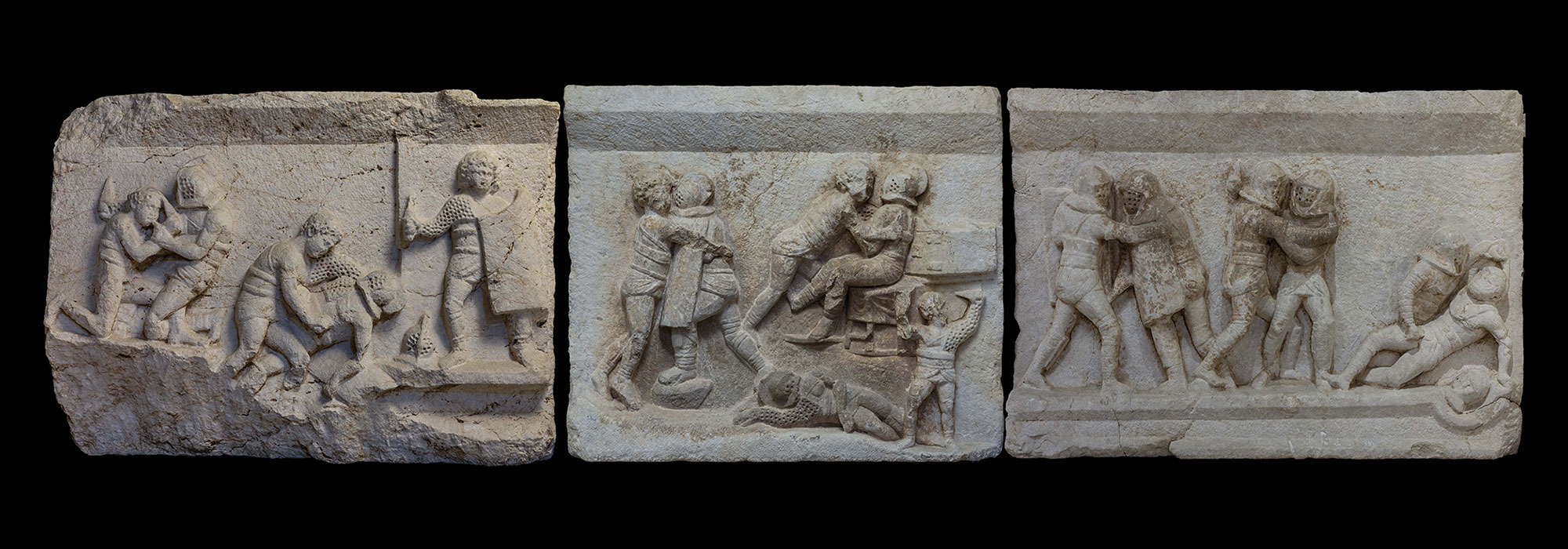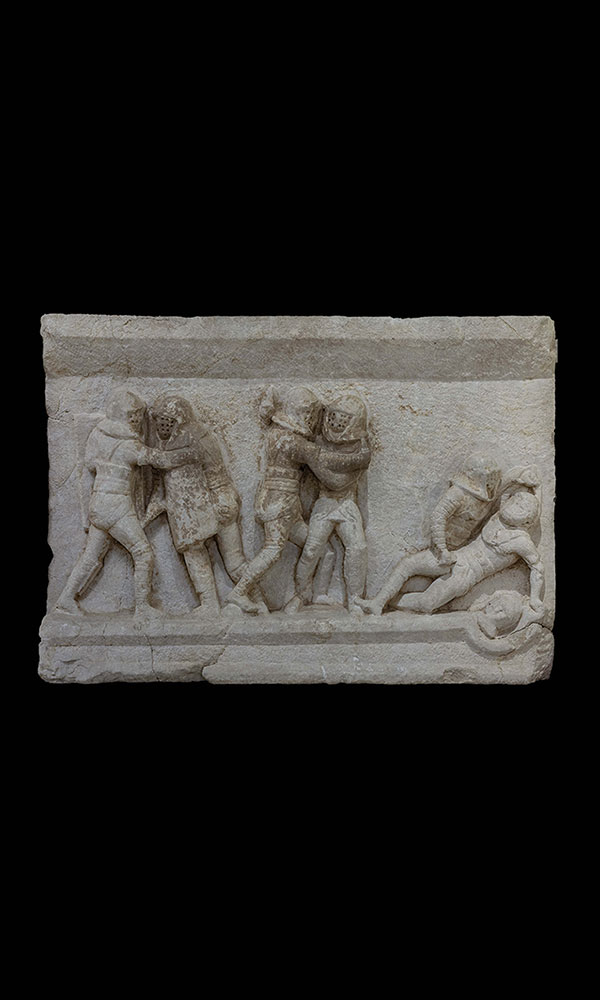CENTRE COUNTY, PENNSYLVANIA—Newsweek reports that deposits of the bones of porcupine fish and other burrfishes have been unearthed at southwestern Florida’s Mound Key and dated to between A.D. 1000 and 1600. The Calusa and their ancestors constructed Mound Key by layering shells, fish bones, and other daily refuse in Florida’s Estero Bay, and occupied it from about A.D. 500 through the arrival of the Spanish in the seventeenth century. Mounds, canals, causeways, burial mounds, and structures for capturing and storing fish and other marine animals have been found on the island. Burrfishes, which are known for their parrot-like beaks and ability to inflate their spiny bodies, contain a compound that is fatal to humans if consumed. Isabelle Holland-Lulewicz of Pennsylvania State University said that it is not clear how these fish were used by the Calusa, but she noted that no spines were recovered from the deposits. She thinks that the spines, skins, and perhaps the poisonous innards of the burrfishes may have been processed into a non-food product. To read more about Mound Key and the Calusa, go to "Searching for the Fisher Kings."
Deposits of Poisonous Fish Remains Identified on Florida’s Mound Key
News December 30, 2024
Recommended Articles
Features September/October 2021
Searching for the Fisher Kings
In the waters of southern Florida, the creative Calusa people forged a mighty empire
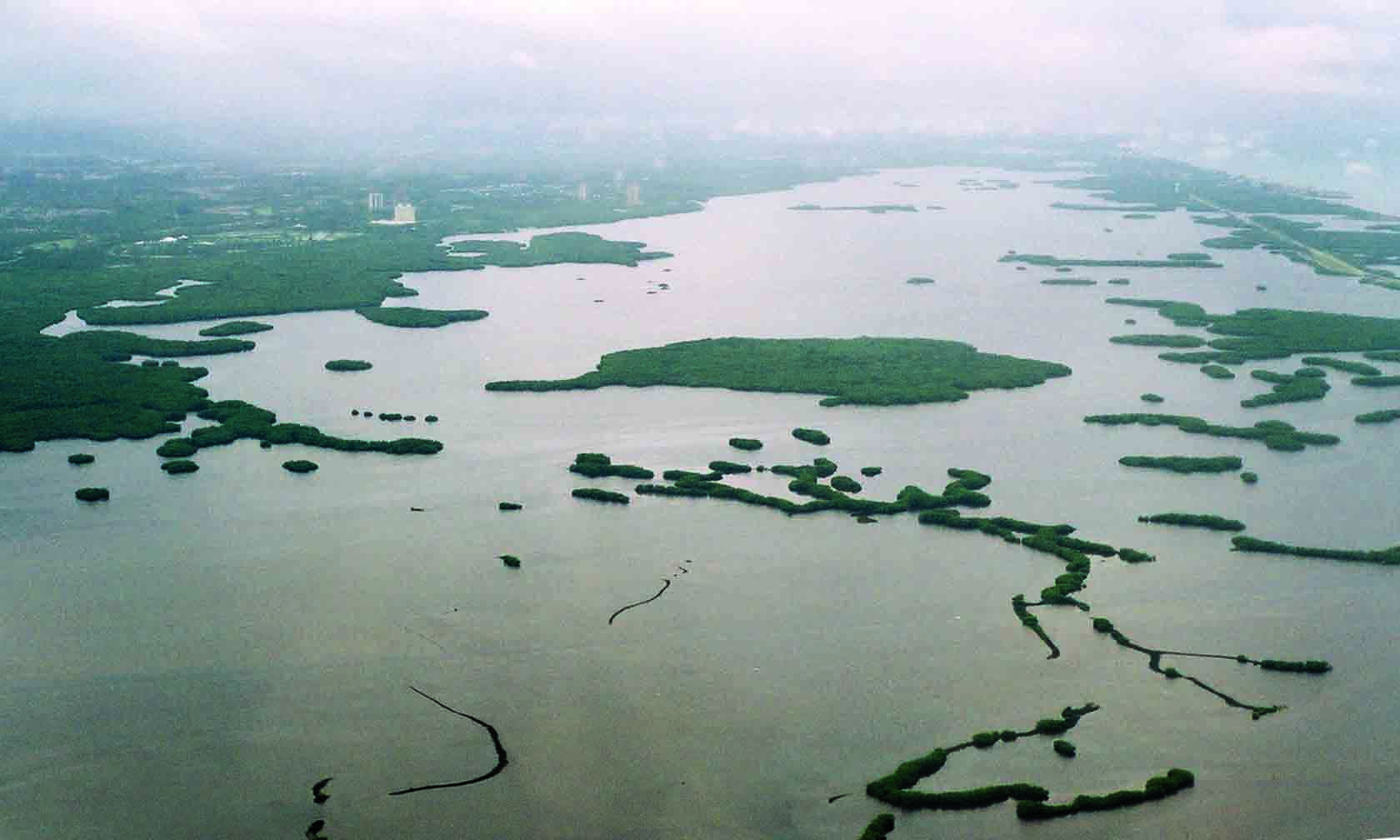
Off the Grid March/April 2026
Indian Key, Florida
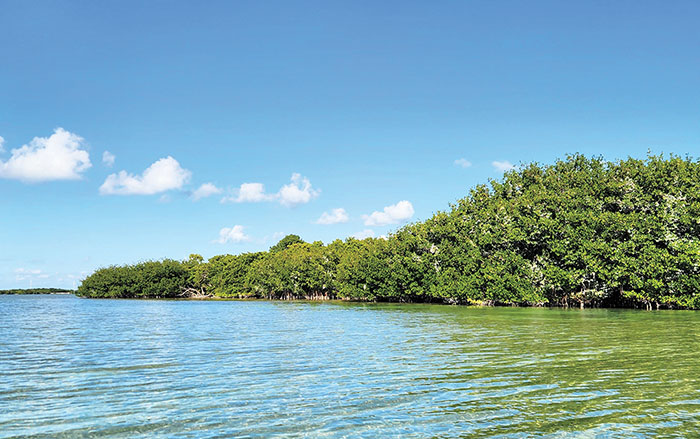
Off the Grid May/June 2025
Bulow Plantation Ruins, Florida
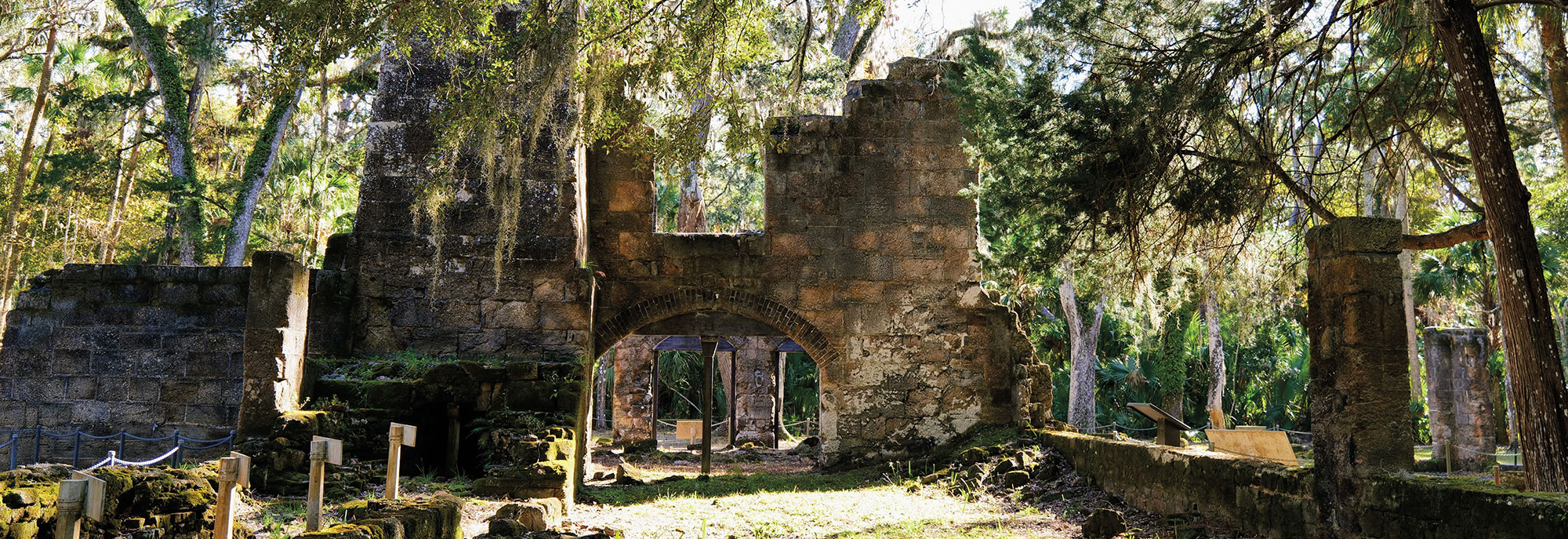

-
Features November/December 2024
The Many Faces of the Kingdom of Shu
Thousands of fantastical bronzes are beginning to reveal the secrets of a legendary Chinese dynasty
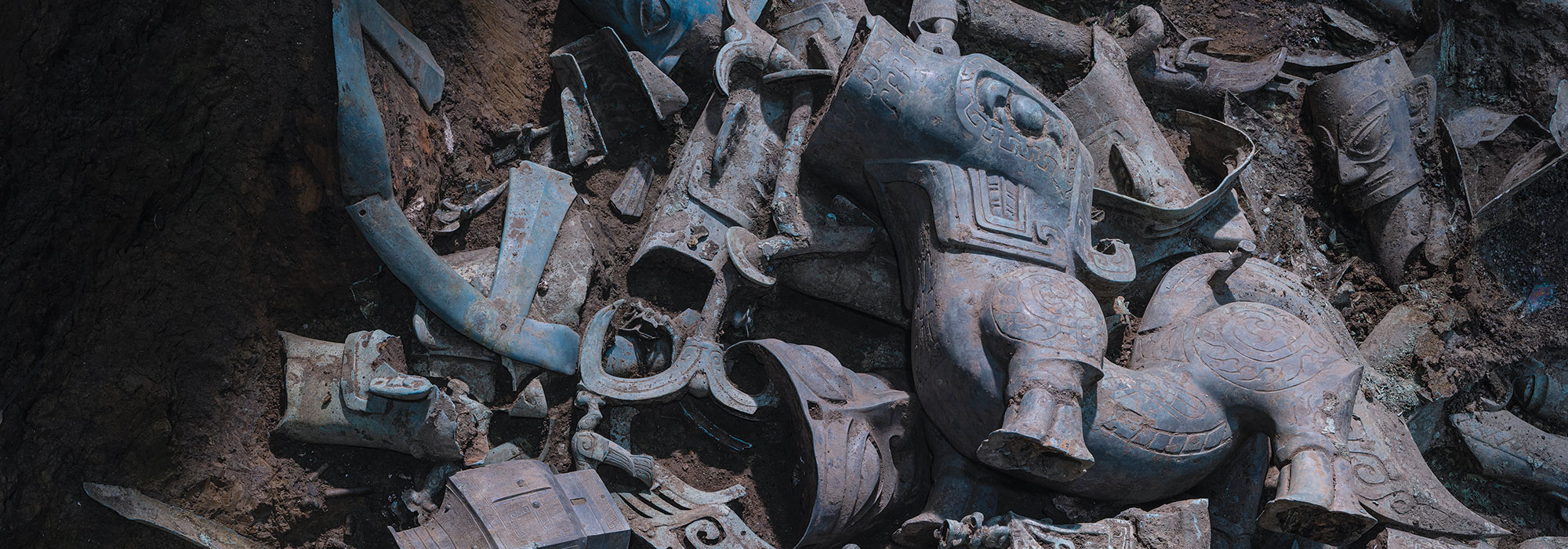 Courtesy Sichuan Provincial Institute of Cultural Relics and Archaeology
Courtesy Sichuan Provincial Institute of Cultural Relics and Archaeology -
Features November/December 2024
Europe’s Lost Bronze Age Civilization
Archaeologists have discovered more than 100 previously unknown megasites north of the Danube
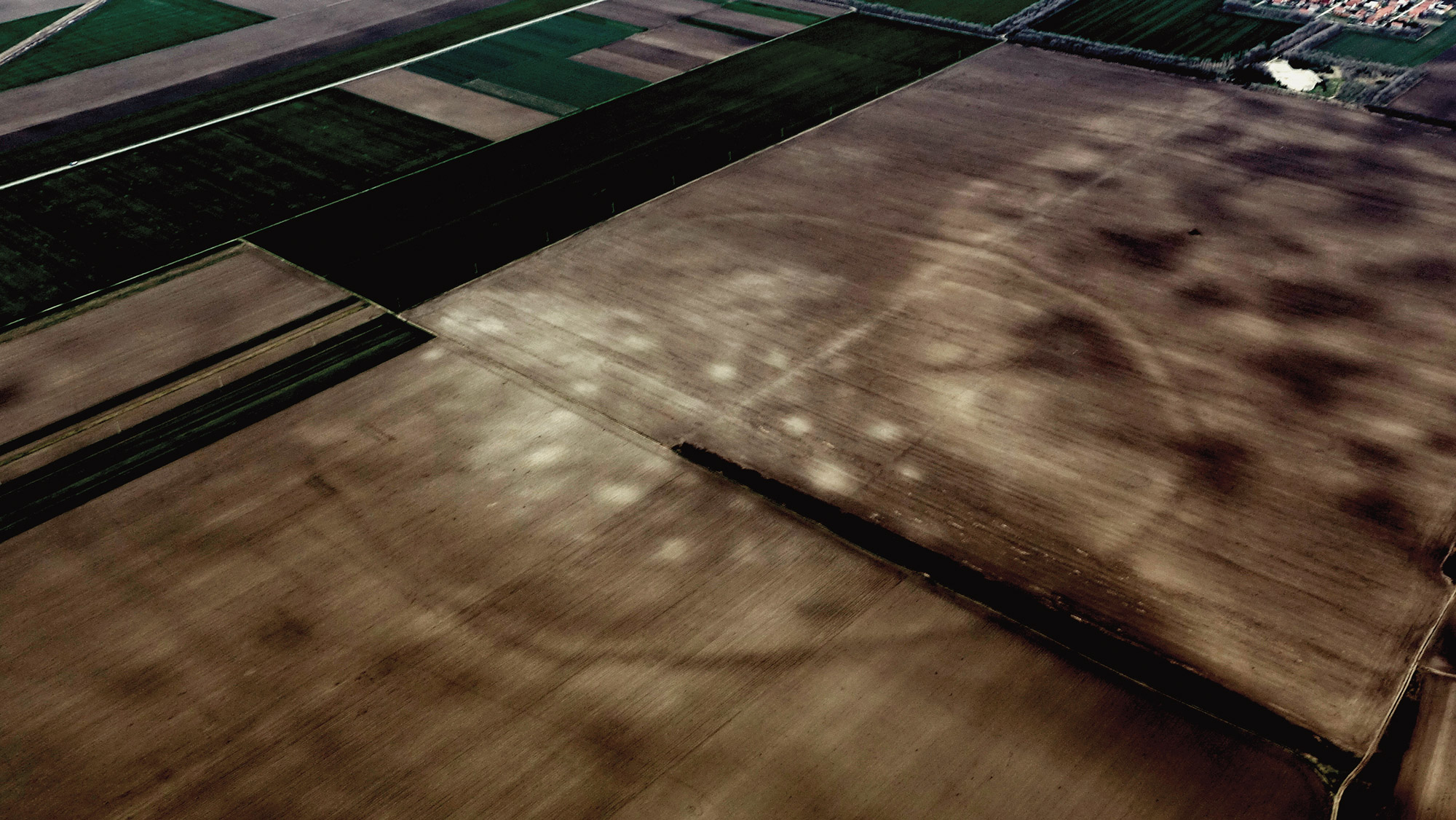 Courtesy Barry Molloy
Courtesy Barry Molloy -
Features November/December 2024
Chalice of Souls
A Maya jade heirloom embodies an enduring sacred tradition
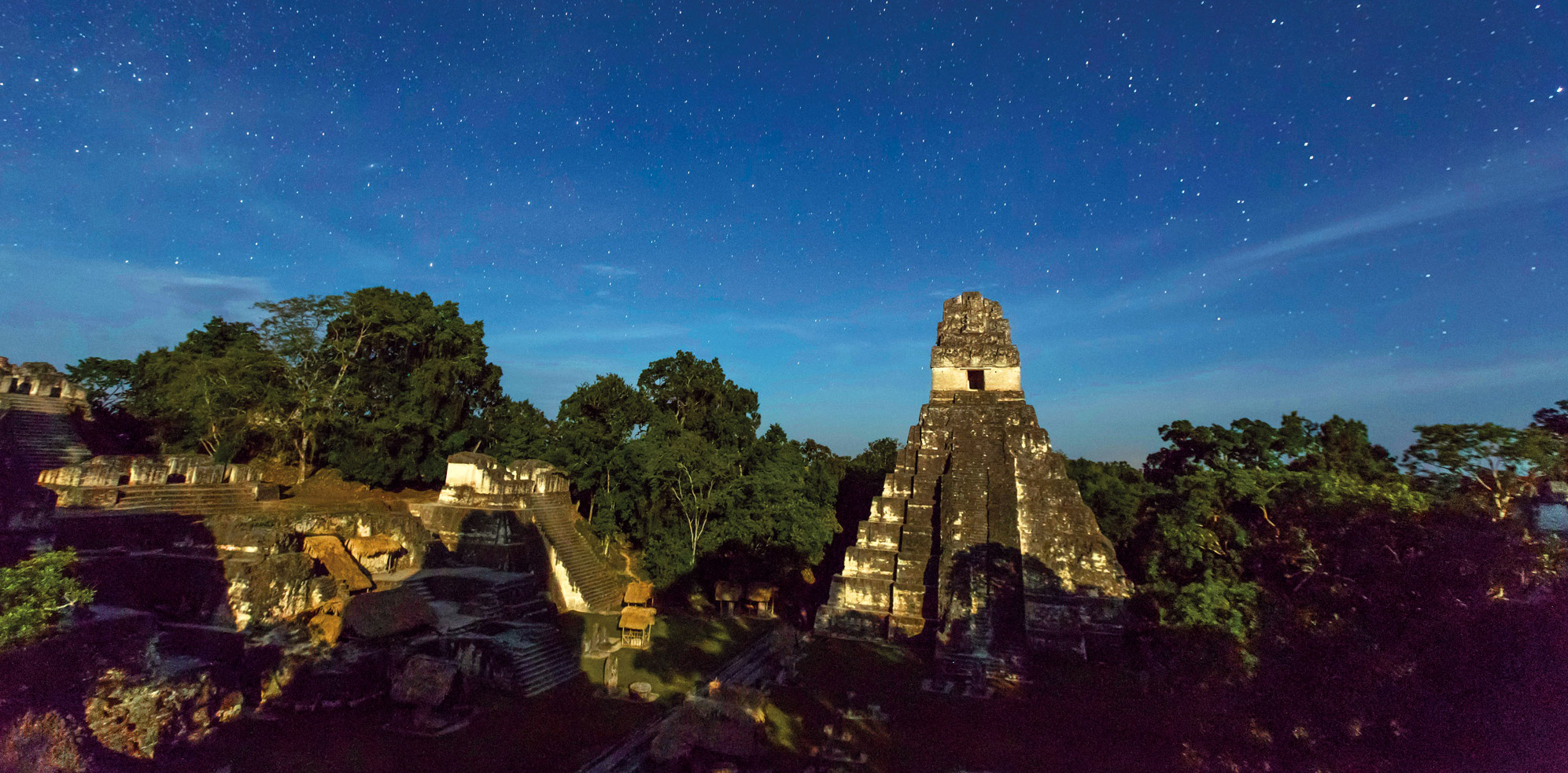 Jon G. Fuller, Jr./Alamy
Jon G. Fuller, Jr./Alamy -
Features November/December 2024
Exploring Ancient Persia’s Royal Fire Temple
At a remote lake in the mountains of Iran, archaeologists have identified the most revered Zoroastrian sanctuary
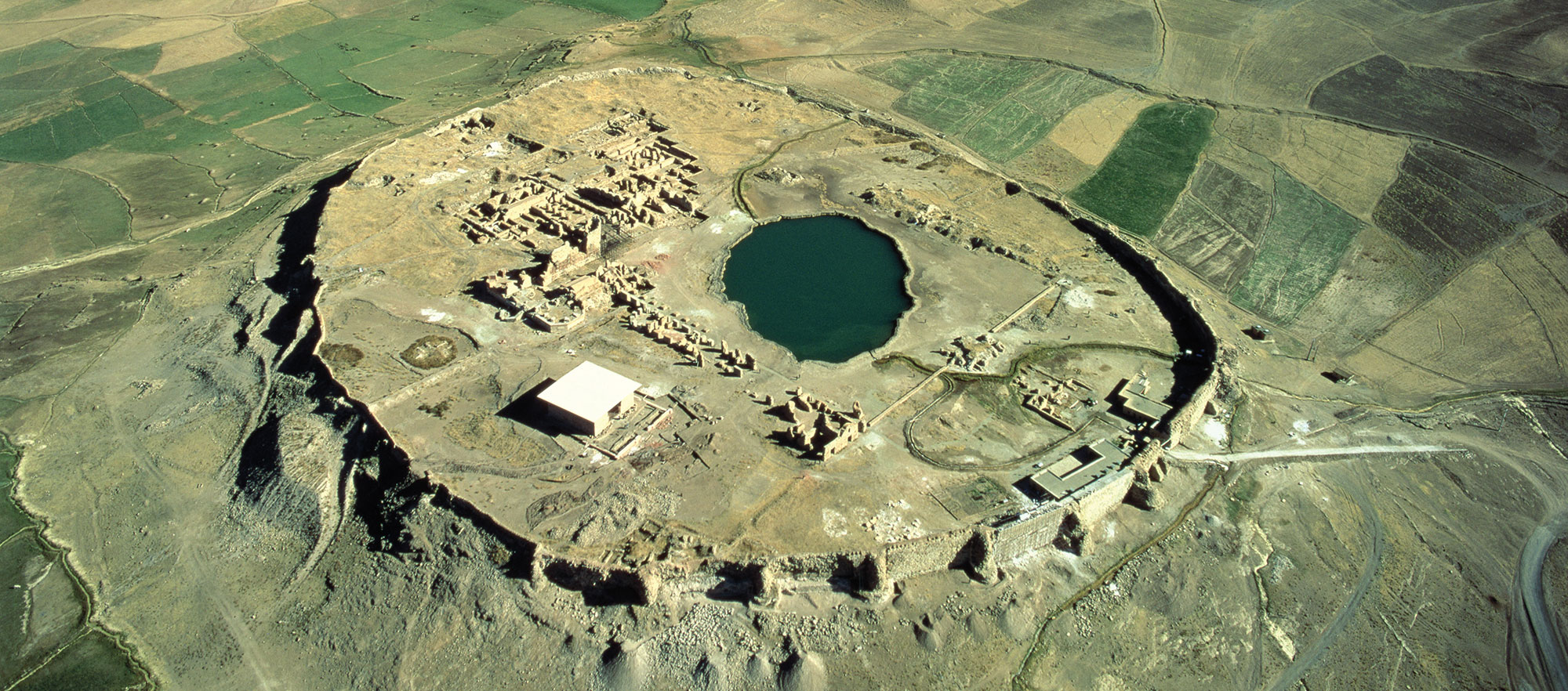 Bridgeman Images
Bridgeman Images


